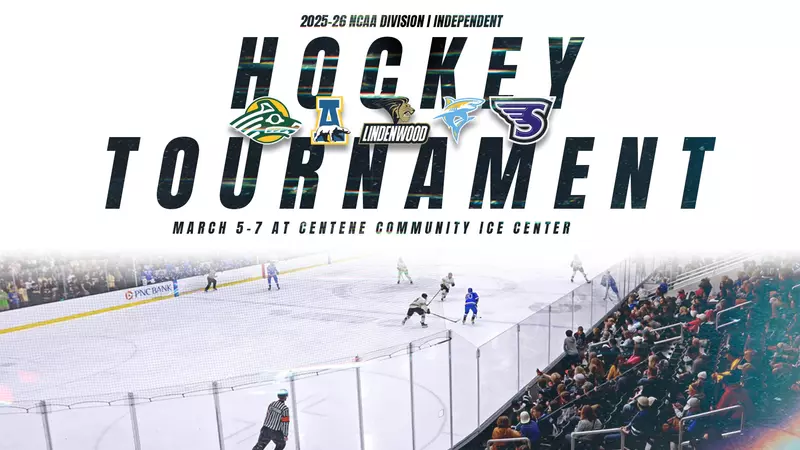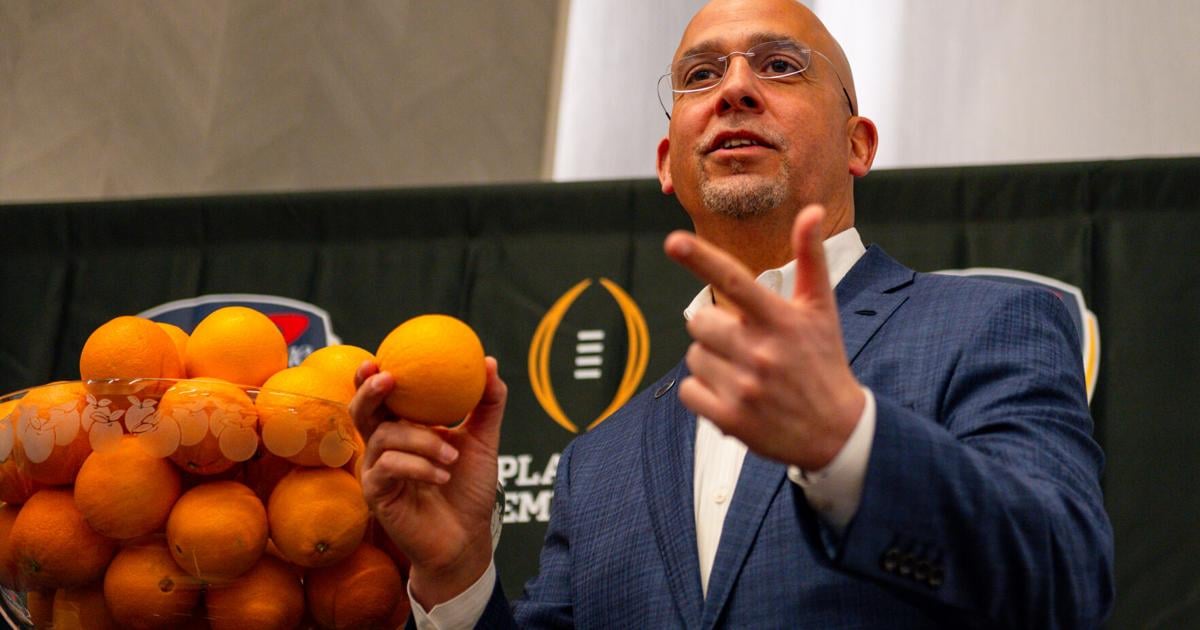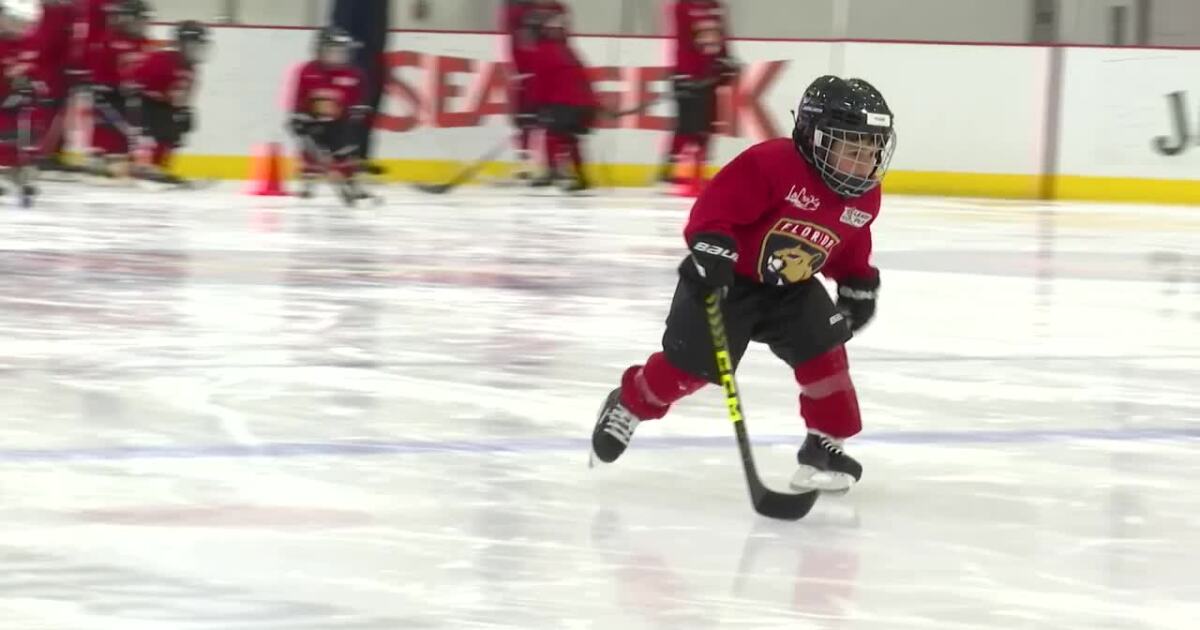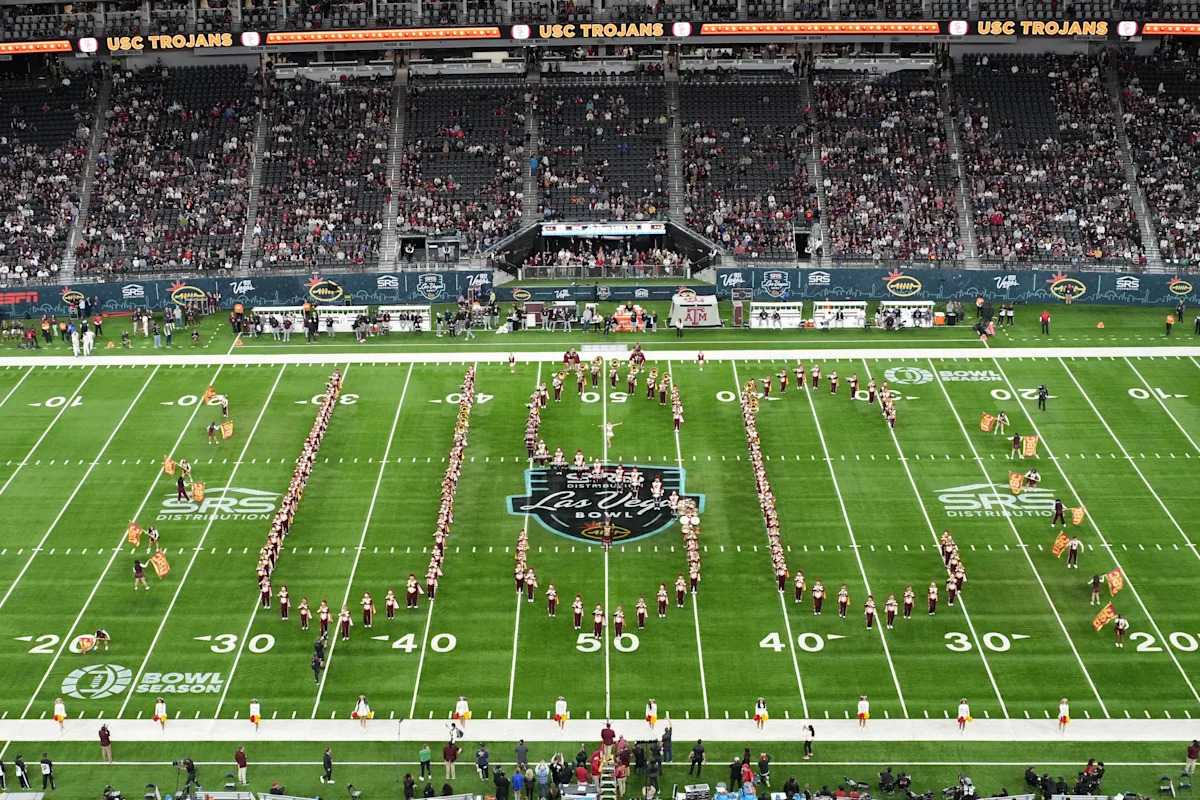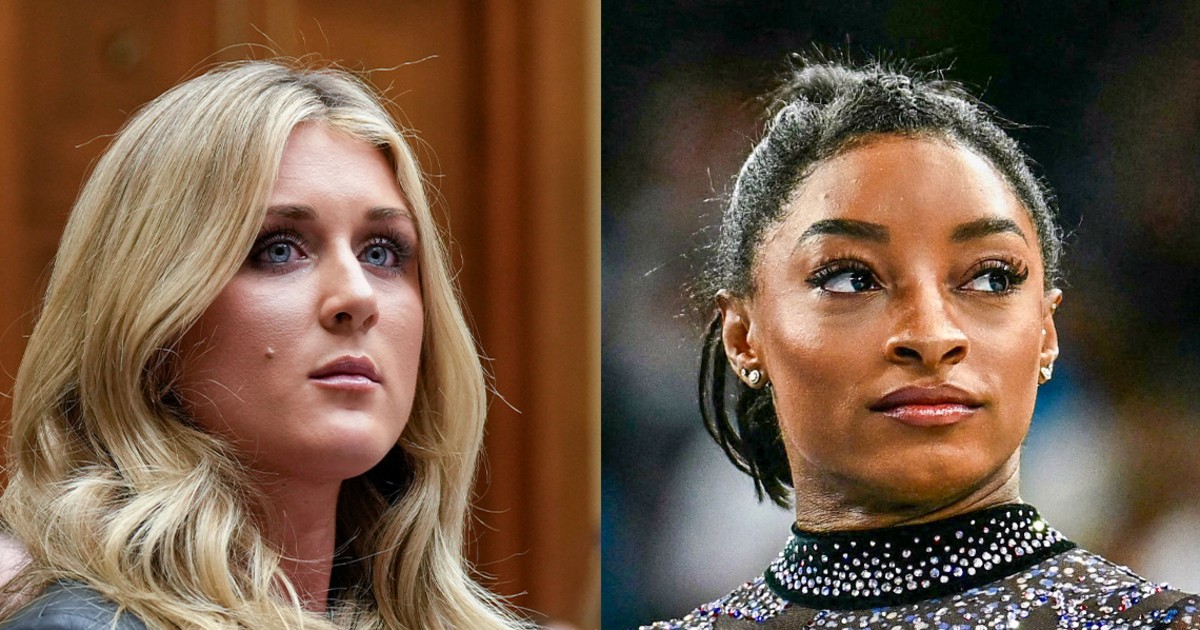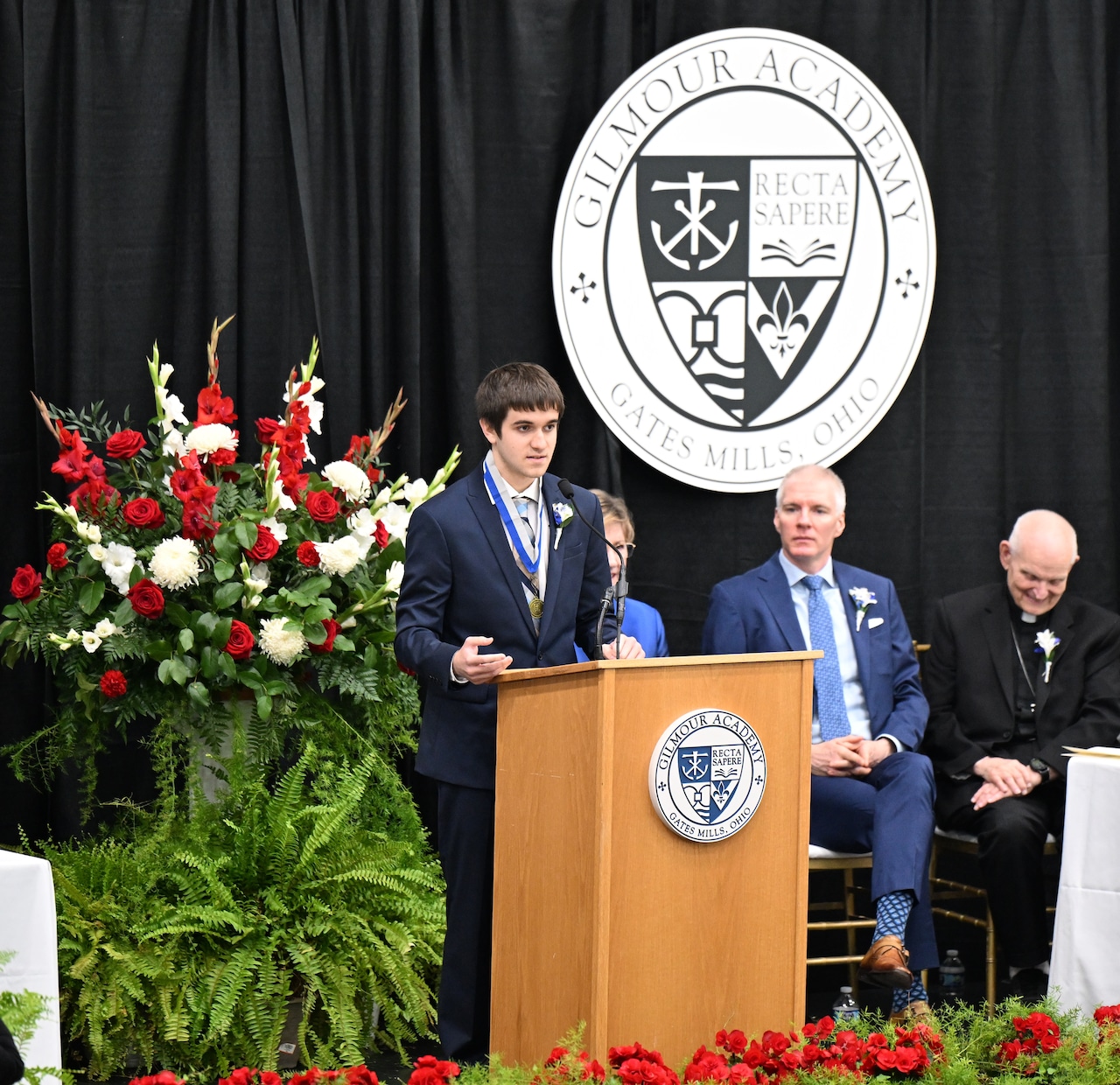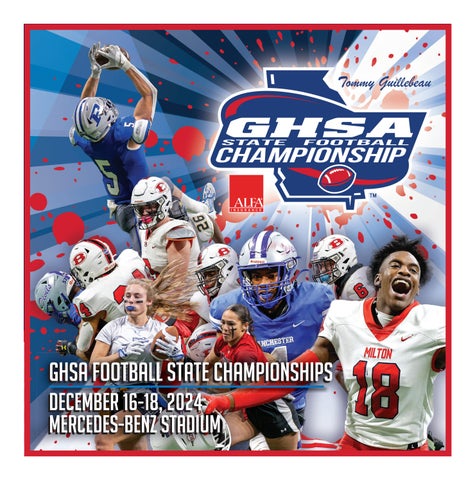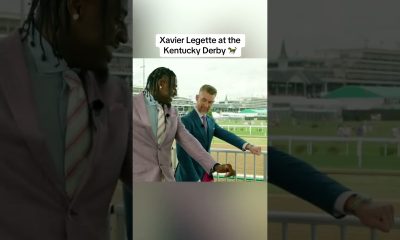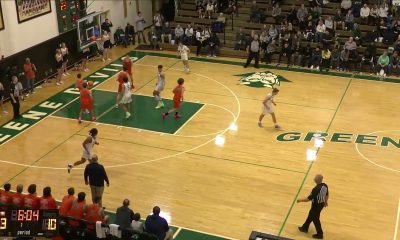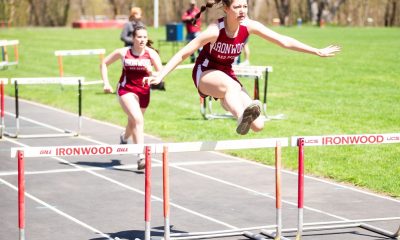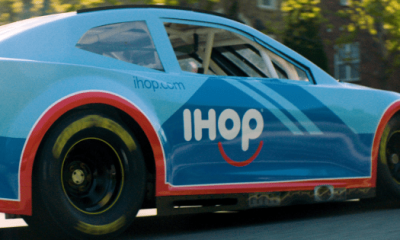On Friday, Sept. 2, 2022, the first domino fell.
That day, the College Football Playoff board voted unanimously to expand the current field of four teams to 12 by 2026 with the hope of it being implemented by 2024 — a wish that ended up coming true.
Fast forward three years, and a second domino is close to its tipping point. Higher ups continue to debate the idea of once again expanding the playoff to 14 or 16 teams in the bracket, a change Penn State athletic director Pat Kraft said he’s “not against” back in February — but Kraft wants some other snags in college football smoothed out before that happens.
“The more teams in and the more kind of tournament you have, I think it’s great,” Kraft said. “We got to continue to look at all the other aspects of that. If you have 16 going on playing into like March, be going to February, I mean, my football players do go to class. They got to go to school. So what are we doing? And so I think we have to understand the bigger impact of that.”
It doesn’t seem like any of Kraft’s concerns are en route to being amended, but there are other aspects of a potential expansion that find themselves at the forefront of these debates. The Big Ten and SEC have both expressed desire to have four automatic qualifiers in each conference.
The pair’s argument dates back to the fall when debates were swirling over which conference was better in 2024 and which one deserved to have more teams in the playoff. As someone who’s been a head coach in both, James Franklin addressed those comments directly on Nov. 20.
“The right thing to be talking about is the two best conferences in all of college football are the Big Ten and the SEC and we should have the most teams in,” Franklin said. “I don’t think we need to take shots in the Big Ten at the SEC because that’s been proven over time. And I don’t think the SEC should be taking shots at the Big Ten.”
Franklin’s comments suffice as foreshadowing for the now ongoing debate about altering the format of the playoff. Ohio State head coach Ryan Day said plainly Wednesday that the Big Ten should have four automatic bids.
“We’re in the Big Ten, and we have 18 teams and some of the best programs in the country,” Day told ESPN. “I feel like we deserve at least four automatic qualifiers.”
Speaking with the media for the first time since the Blue-White Game, Franklin was asked right off the bat if he agrees with the comments made by one of his rivals. While the Nittany Lions’ head coach indirectly declined to give an answer, Franklin did share some thoughts on the matter.
“It’s an interesting discussion with a lot of different perspectives and a lot of people that have very, very strong feelings in terms of what’s in the best interest of college football, what’s in the best interest of fans, what’s in the best interest of the sport. And I get all of it,” Franklin said. “The majority of people that have strong opinions have an agenda and are biased based on what’s good for them, right?”
As for the Big Ten and SEC specifically, Franklin pointed to the “discrepancies” he notices across college football. Some teams play less conference games, while others aren’t even in a conference, things Franklin feels are reasons why the pair are fighting to have their way with the playoff.
“When you have some conferences playing nine games, some conferences playing a conference championship, some teams not in a conference. It makes it really difficult,” Franklin said. “The other issue you’ve had in the past, every conference and every team or every AD would have the same vote. Well, if we have more teams in our conference now, and have a greater level of competition week in and week out. Why should it be balanced?”
Former Temple head coach and Penn State running backs coach Stan Drayton gave his thoughts on the matter as well, sharing Franklin’s sentiment that there are a lot of different ways to decide who makes the playoff and college football just needs consistency across the board.
Regardless, the debate remains scorching hot, and it’s unclear whether a decision will be made any time soon. One thing is clear, though — the College Football Playoff could look very different come 2026, and more dominoes might keep falling to create a world where the Big Ten and SEC run the sport.
“Our conferences are built differently. Everybody shouldn’t get the same vote… A Penn State vote shouldn’t be the same vote as a school X,” Franklin said. “The way it worked in the old NCAA structures, everybody got the same vote, all the conferences got the same vote, and I guess what I’m saying is I agree with it the way it sits right now, because it’s not even, but let’s spend as much time as we possibly can on trying to get it consistent across the board.”
MORE FOOTBALL COVERAGE

Cornerbacks coach Terry Smith has done it again.

